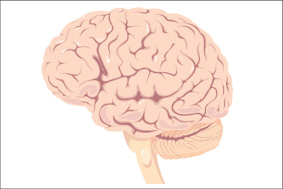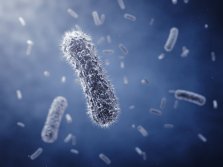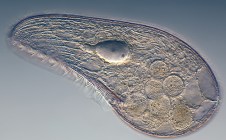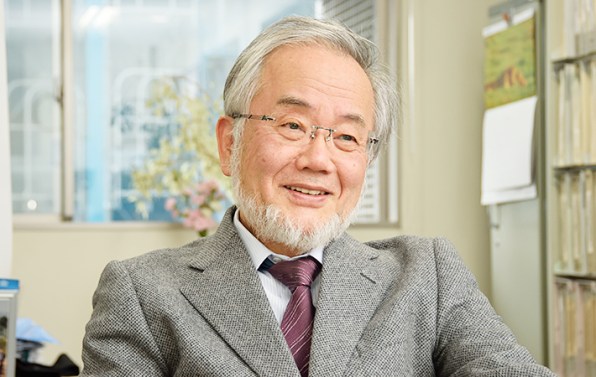The Zika virus is well known for causing devastating brain defects in fetuses. Scientists have come out with a novel idea of using this virus as an ammunition to

attack a deadly brain tumour Glioblastoma.
Most people with a glioblastoma die within two years of being diagnosed even with aggressive treatment available at present.
In lab and animal experiments, scientists from Washington University School of Medicine in St. Louis and the University of California, San Diego, showed — that the virus was able to target and destroy stem cells that drive the growth of a deadly and common type of brain tumour, known as a glioblastoma.
Researchers also found that a modified strain of Zika virus slowed tumor growth among mice with aggressive brain tumours, and extending their lives.
The effectiveness of the virus was enhanced when combined with a chemotherapy drug, known as temozolomide, which is being presently used in the treatment of Glioblastoma with poor results.
Such studies are first few steps towards the development of safe and effective strains of Zika virus that could become important tools in neuro-oncology and the treatment of glioblastoma,





